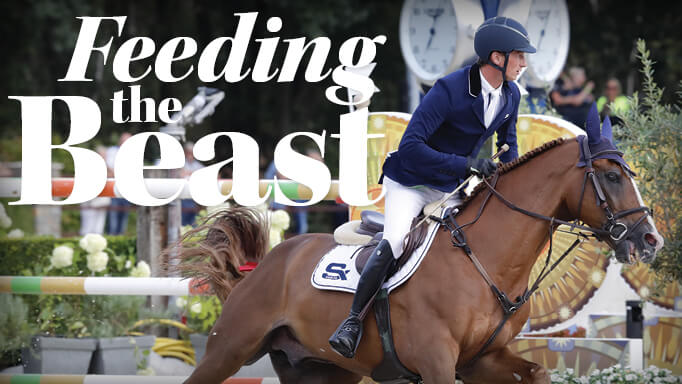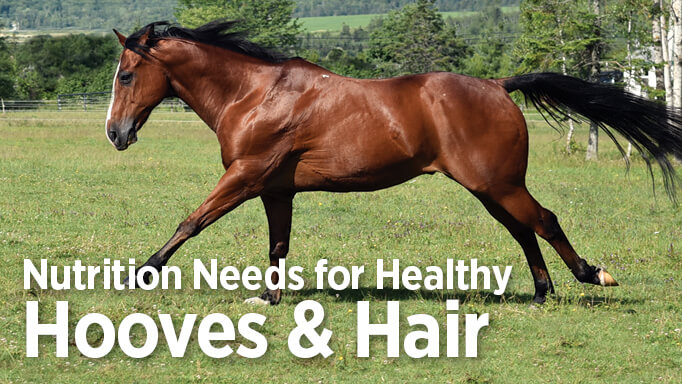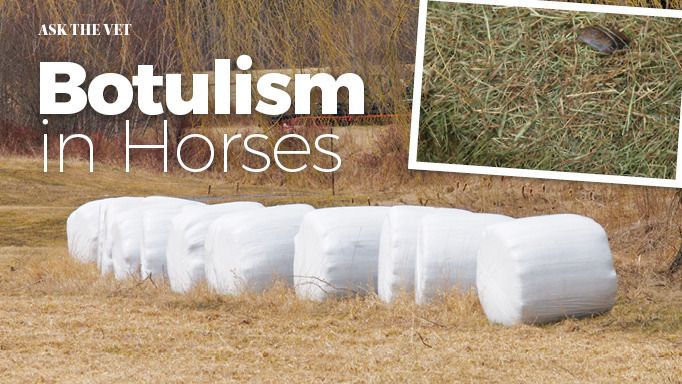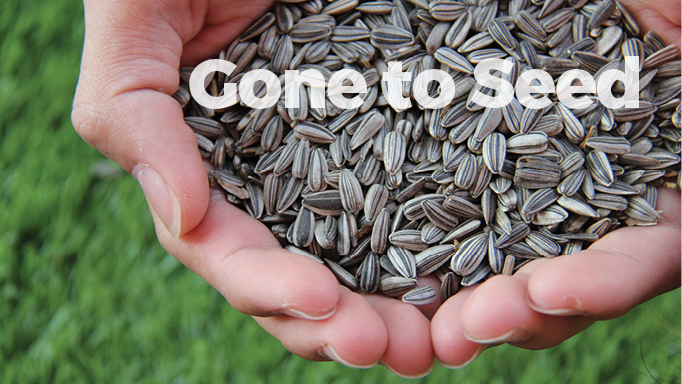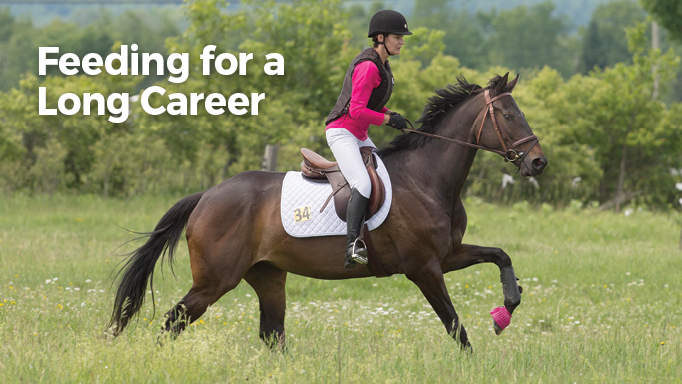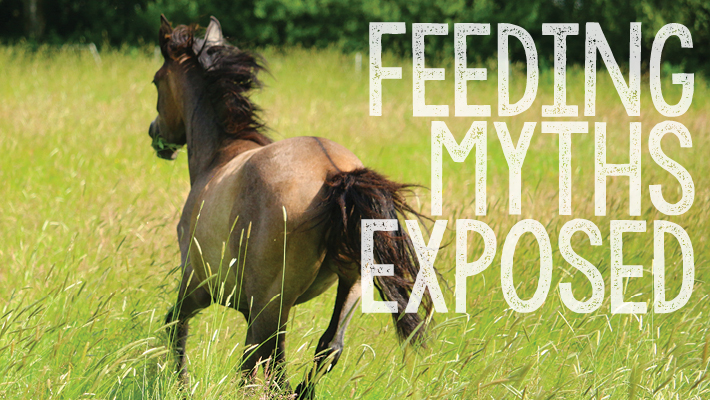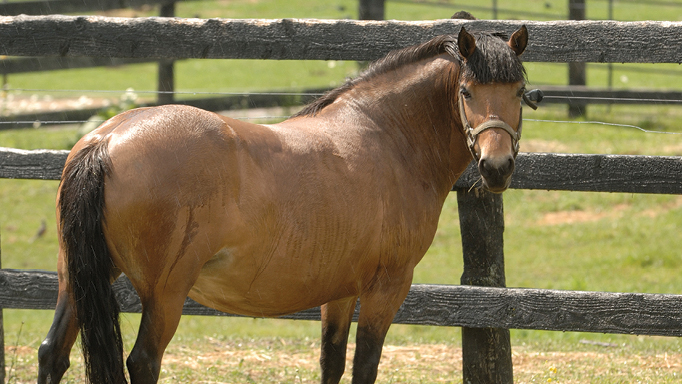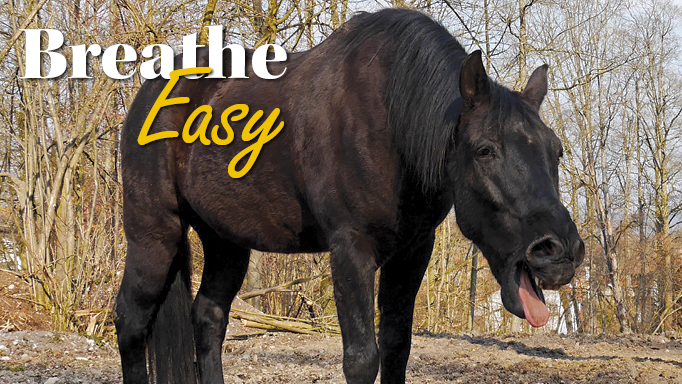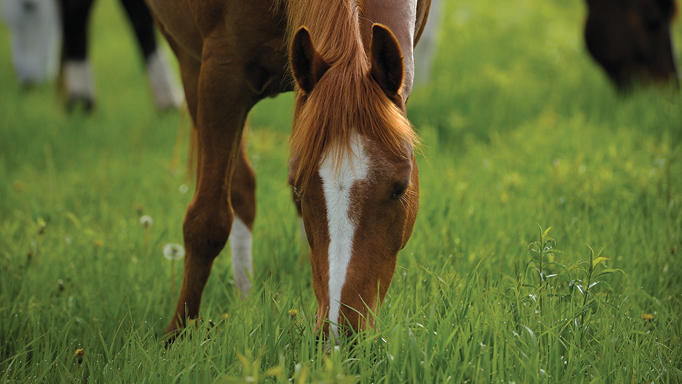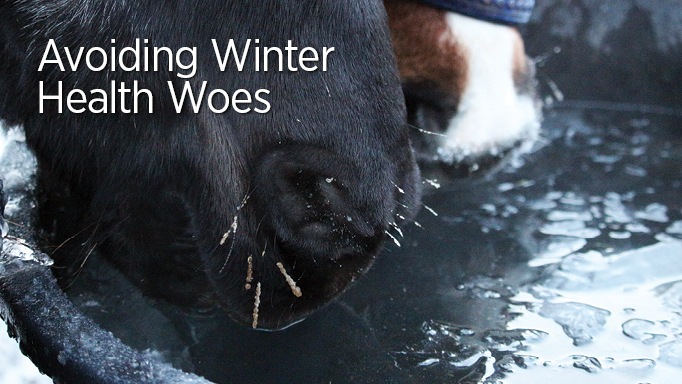Inadequate nutrition represents a significant detriment to performance. Make sure your horse's feed program allows him to perform to his full potential.
To support hoof and hair health, it is important that the nutrients that contribute to keratin synthesis are in adequate amounts in your horse’s diet.
Did you know horses can get botulism from eating haylage? Find out how haylage is made, how botulism develops, and how to recognize it in your horse.
Recently, horse owners are introducing seeds into their horse’s diets, including flax (linseed), chia, sunflower, and even hemp seeds.
Nutrition affects every aspect of equine health. As such, nutrition has a profound impact on the soundness and usefulness of the horse.
Equine nutritionist Shannon Pratt-Phillips, Ph.D. explores the truths and misconceptions behind some common beliefs around feeding horses.
Get must have advice on how to feed a “metabolic” horse or one dealing with insulin resistance from equine nutritionist Shannon Pratt-Phillips, Ph.D.
Get advice on how manage a horse with respiratory illness, from what to feed to which medications and natural products to use in order to ease symptoms.
More than just a playground for your horse, the makeup of his pasture is an important component of his daily nutrition. Here is how to maximize its value.
Proper management can alleviate the effects and frequency of winter health woes in horses such as colic, breathing issues, weight loss and more.
